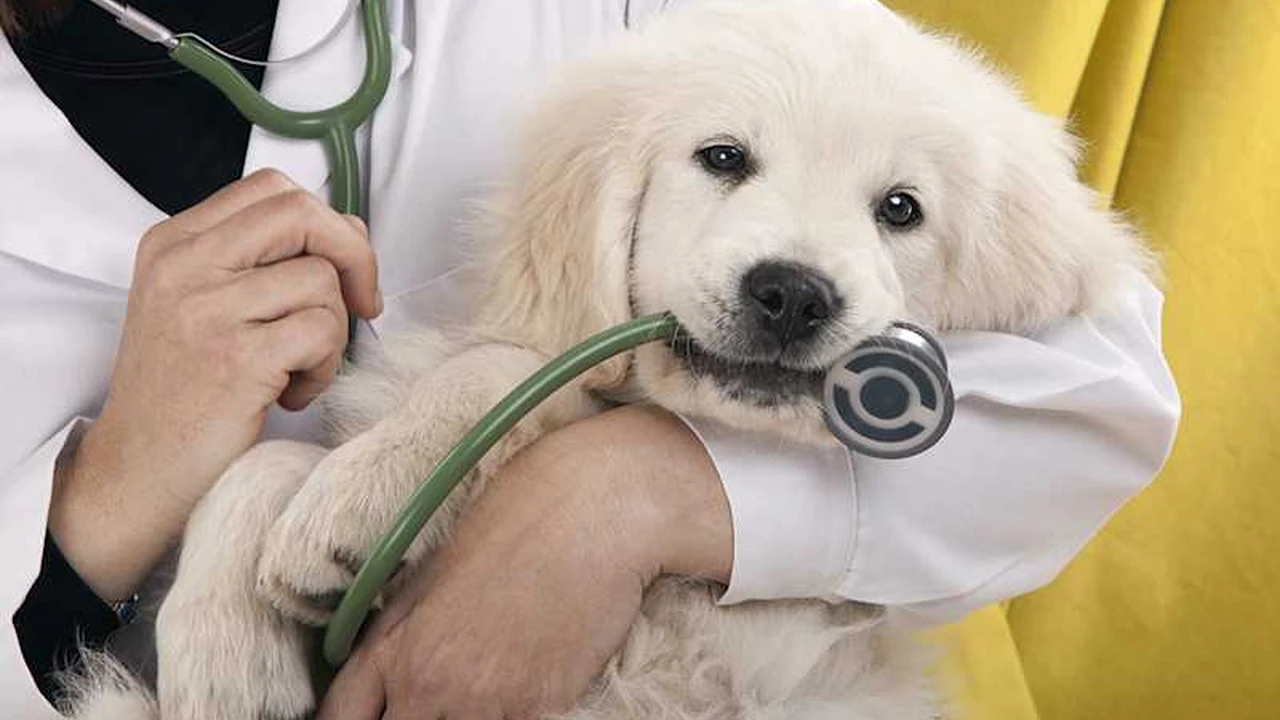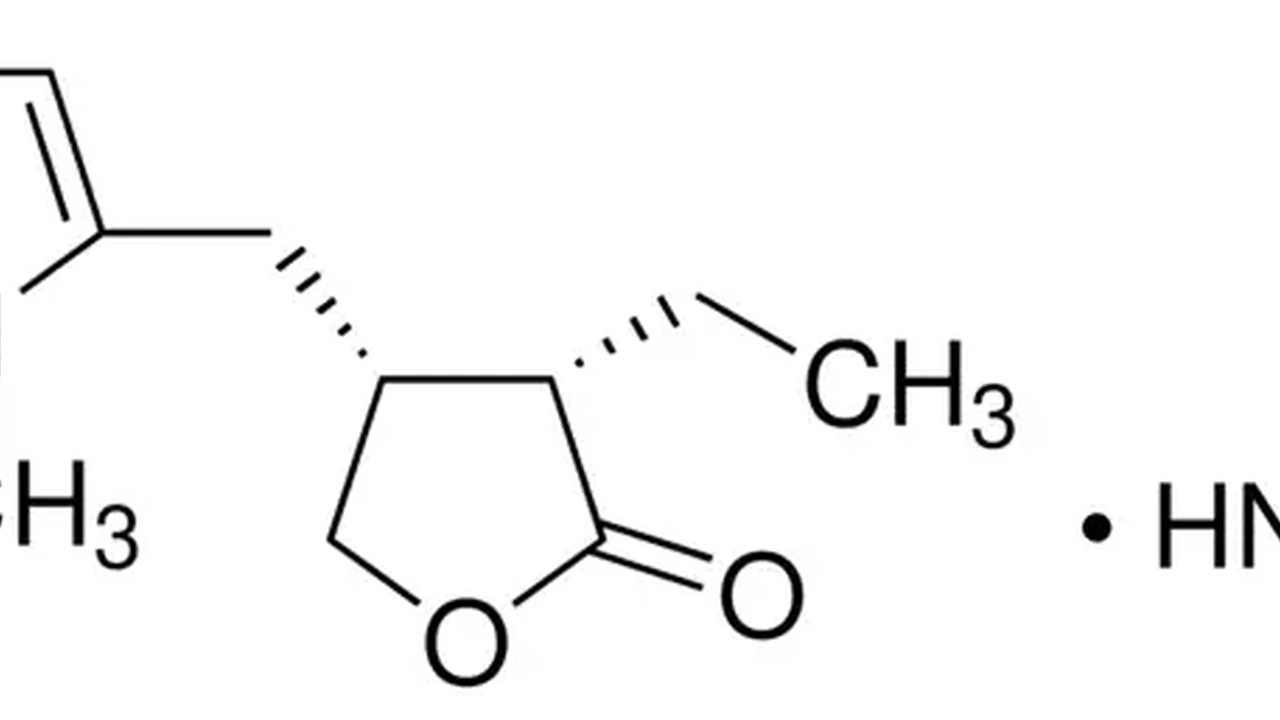6 Signs Your Small Pet Needs a Vet Visit
Recognize 6 signs your small pet needs a vet visit. Early detection can lead to better health outcomes.

6 Signs Your Small Pet Needs a Vet Visit
Hey there, fellow small pet parents! We all love our tiny companions, whether they're fluffy hamsters, curious guinea pigs, playful ferrets, or chirpy birds. They bring so much joy into our lives, and naturally, we want to keep them as healthy and happy as possible. But unlike dogs and cats, small pets often hide their illnesses really well. It's a survival instinct, but it can make it tough for us to know when something's wrong. That's why it's super important to be vigilant and know what signs to look out for. Catching problems early can make a huge difference in their recovery and overall well-being. So, let's dive into six key indicators that tell you it's time to pack up your little friend and head to the vet.
Changes in Eating or Drinking Habits Small Pet Appetite and Hydration
One of the first and most crucial things to notice is any shift in your pet's eating or drinking patterns. A healthy small pet usually has a pretty consistent routine when it comes to mealtime and hydration. If you suddenly see them eating less, refusing their favorite treats, or not touching their water bottle, that's a big red flag. On the flip side, sometimes an increase in thirst can also be a sign of trouble, like kidney issues or diabetes in some species. Keep an eye on their food bowl and water dispenser. Is the food disappearing at the usual rate? Is the water level dropping as expected? If not, it's definitely worth investigating.
Why is this important for small pet health
Small pets have very fast metabolisms. This means they can go downhill quickly if they're not getting enough nutrients or hydration. Even a day or two without proper food or water can be life-threatening for a tiny creature. For example, guinea pigs need a constant supply of hay to keep their digestive system moving, and if they stop eating, they can develop a serious condition called gastrointestinal stasis. Similarly, hamsters can become dehydrated very rapidly. A vet can help determine if it's a dental issue, a digestive problem, or something else entirely.
Lethargy or Decreased Activity Levels Small Pet Energy and Playfulness
Is your normally energetic hamster suddenly just sitting in a corner? Is your usually chatty bird quiet and puffed up? Is your ferret not interested in its usual playtime? A noticeable decrease in activity or an increase in lethargy is a strong indicator that your small pet isn't feeling well. Healthy small pets are generally curious, active, and engaged with their environment. They'll explore, play, and interact with you or their cage mates. If they're spending more time sleeping, moving slowly, or just seem generally uninterested in life, it's a sign their body is fighting something off.
Understanding small pet behavior changes
Think about your pet's normal routine. Does your rabbit usually do 'binkies' (happy jumps)? Is your rat always trying to get your attention? Any deviation from these typical behaviors should raise an alarm. Lethargy can be a symptom of a wide range of issues, from pain and infection to organ failure. It's their way of telling you they don't have the energy to be themselves because their body is working overtime to cope with an underlying problem. A vet can perform a physical exam and possibly run tests to pinpoint the cause.
Unusual Lumps Bumps or Swellings Small Pet Skin and Body Health
Regularly handling and gently examining your small pet is a great way to get to know their normal body shape and feel. This makes it easier to spot anything out of the ordinary. Keep an eye out for any new lumps, bumps, or swellings on their body. These could be anywhere – under the skin, on their limbs, or even around their face. Sometimes they're obvious, other times you might only feel them when you're petting your animal. Don't dismiss them, even if they seem small.
Identifying potential health issues in small pets
Lumps and bumps can be many things: abscesses (pus-filled infections), tumors (benign or malignant), cysts, or even reactions to insect bites. While some might be harmless, others can grow quickly, become painful, or indicate a more serious underlying condition. For example, mammary tumors are common in older female rats, and abscesses can be frequent in guinea pigs due to minor cuts. Early detection and veterinary intervention can often lead to successful treatment, especially if it's an infection that needs draining or antibiotics, or a tumor that can be surgically removed before it spreads.
Changes in Droppings or Urine Small Pet Digestive and Urinary Health
Okay, this might not be the most glamorous topic, but your pet's waste products are incredibly informative! Pay attention to the consistency, color, and frequency of their droppings and urine. Any significant change here can signal digestive or urinary problems. For example, diarrhea, constipation, or unusually soft or hard droppings are all reasons for concern. Similarly, changes in urine color, increased frequency of urination, or straining to urinate are red flags.
What pet waste tells you about health
For rabbits and guinea pigs, soft or runny droppings can indicate an upset stomach, dietary imbalance, or even a serious bacterial infection. Hard, dry droppings might mean dehydration or a blockage. For birds, changes in the white urate part of their droppings or the liquid urine can point to kidney issues. Blood in the urine or droppings is always an emergency. A vet can analyze a sample of their waste to diagnose infections, parasites, or other internal issues. They might recommend dietary changes, medication, or further diagnostics.
Difficulty Breathing or Respiratory Distress Small Pet Breathing and Lungs
This is a serious one and often requires immediate veterinary attention. Small pets, especially rodents and rabbits, are prone to respiratory infections. Signs of difficulty breathing include rapid or labored breathing, open-mouthed breathing (which is very abnormal for most small pets), wheezing, sneezing, nasal discharge, or a 'clicking' sound when they breathe. You might also notice their chest or abdomen moving more dramatically than usual as they try to get air.
Recognizing respiratory emergencies in small pets
Respiratory issues can quickly become life-threatening for small animals. Their tiny lungs are very delicate, and infections can spread rapidly. If you notice any of these signs, don't wait. Get your pet to an exotic vet as soon as possible. They might need antibiotics, nebulization, or even oxygen therapy. Early treatment is critical to prevent the infection from becoming pneumonia or causing permanent damage. Keep their environment clean and dust-free to help prevent these issues.
Changes in Appearance or Grooming Habits Small Pet Coat and Hygiene
A healthy small pet usually keeps itself pretty tidy. They'll groom their fur or feathers, and their eyes, nose, and ears should be clean and free of discharge. If you notice a dull, matted, or unkempt coat, or if there's discharge from their eyes or nose, it's a sign something's amiss. Overgrown nails or teeth are also common issues that can lead to other problems if not addressed.
Grooming as an indicator of small pet well-being
A lack of grooming can indicate pain, lethargy, or an underlying illness that prevents them from taking care of themselves. For example, a guinea pig with dental pain might not be able to groom properly, leading to a messy coat. Discharge from the eyes or nose often points to respiratory infections or allergies. Overgrown teeth, especially in rodents and rabbits, can prevent them from eating properly, leading to weight loss and other health problems. A vet can trim overgrown nails and teeth, clean up discharge, and address the root cause of the poor grooming. They might also recommend specific grooming tools or techniques for home care.
Essential Small Pet Health Products and Their Uses
Beyond recognizing symptoms, having the right tools and products at home can help you monitor your pet's health and provide basic care. Here are a few recommendations, along with their typical uses and price ranges:
Digital Pet Scale for Weight Monitoring
Product Recommendation: Salter Brecknell GP100 Pet Scale or Greater Goods Digital Pet Scale
Use Case: Regular weight monitoring is incredibly important for small pets. Weight loss is often one of the first signs of illness, and weight gain can indicate obesity or other issues. A digital scale designed for small animals provides accurate readings, which are crucial for tracking subtle changes. Weigh your pet weekly and keep a log.
Comparison: The Salter Brecknell is a professional-grade scale, very accurate, and durable, often used by vets. The Greater Goods scale is a more affordable, consumer-friendly option that still offers good accuracy for home use. Some baby scales can also work if they have a fine enough increment (e.g., 1g or 0.1oz).
Price Range: $30 - $150 (depending on brand and features)
Small Animal Nail Clippers
Product Recommendation: Kaytee Small Animal Nail Clippers or Safari Small Pet Nail Trimmer
Use Case: Many small pets, especially rabbits and guinea pigs, need their nails trimmed regularly to prevent overgrowth, which can lead to discomfort, difficulty walking, and even infections. These clippers are specifically designed for their small, delicate nails.
Comparison: Both brands offer sharp, safe clippers with comfortable handles. Some come with a safety guard to prevent cutting too far, which is helpful for beginners. Always have styptic powder on hand in case you accidentally cut the quick.
Price Range: $5 - $15
Critical Care Formula for Sick or Recovering Pets
Product Recommendation: Oxbow Critical Care Herbivore (for rabbits, guinea pigs, chinchillas) or Lafeber's Emeraid Intensive Care Omnivore/Carnivore (for ferrets, birds, some reptiles)
Use Case: If your small pet stops eating due to illness, injury, or post-surgery recovery, a critical care formula can be life-saving. These highly palatable, nutrient-dense powders are mixed with water to form a slurry that can be syringe-fed. They provide essential calories, fiber, and vitamins to support recovery.
Comparison: Oxbow Critical Care is a staple for herbivores, available in different flavors. Emeraid offers specialized formulas for various dietary needs, often recommended by exotic vets for more complex cases. Always consult your vet before starting critical care feeding.
Price Range: $15 - $40 per bag/container
Pet First Aid Kit for Small Animals
Product Recommendation: Assemble your own or purchase a pre-made kit like the Adventure Medical Kits Trail Dog First Aid Kit (adaptable for small pets)
Use Case: A basic first aid kit can help you manage minor injuries or provide temporary relief until you can get to a vet. Essential items include sterile gauze, antiseptic wipes (non-toxic for pets), vet wrap, blunt-tipped scissors, tweezers, and styptic powder.
Comparison: While specific small pet first aid kits are less common, you can easily customize a general pet or even human first aid kit. Focus on small sizes and non-toxic ingredients. Always prioritize veterinary care for anything beyond a very minor scrape.
Price Range: $20 - $50 (for a well-stocked kit)
Small Animal Thermometer
Product Recommendation: Rectal Digital Thermometer for Pets (e.g., from a veterinary supply store or a human baby thermometer)
Use Case: Taking your pet's temperature can be a crucial diagnostic tool, especially if you suspect fever or hypothermia. Knowing their normal temperature range (which varies by species) helps you identify when something is wrong. This should only be done if you are comfortable and your pet is cooperative, or under vet guidance.
Comparison: Any fast-reading digital thermometer will work, but ensure it's clean and lubricated before use. Ear thermometers are generally not accurate for small pets. Always consult your vet for proper technique and interpretation of results.
Price Range: $10 - $25
When to Seek Emergency Veterinary Care for Small Pets
While many of the signs above warrant a vet visit, some situations are true emergencies where every minute counts. If you observe any of the following, contact your exotic vet immediately or head to the nearest emergency animal hospital:
- Severe difficulty breathing: Open-mouthed breathing, gasping, blue gums.
- Collapse or unconsciousness: Your pet is unresponsive or unable to stand.
- Seizures: Uncontrolled shaking or convulsions.
- Profuse bleeding: Any wound that won't stop bleeding.
- Sudden paralysis or inability to move limbs.
- Severe pain: Crying out, hunched posture, reluctance to be touched.
- Bloating or distended abdomen: Especially in rabbits and guinea pigs, this can indicate GI stasis or bloat, which is life-threatening.
- Inability to urinate or defecate for an extended period.
- Ingestion of a known toxin or foreign object.
- Trauma: Falls, being stepped on, attacks by other pets.
It's always a good idea to have the number of your regular exotic vet and an emergency animal hospital readily available. Don't hesitate to call them if you're unsure; they can often provide guidance over the phone.
Preventative Care and Regular Check-ups for Small Pets
Of course, the best way to deal with health issues is to prevent them! Regular preventative care is just as important for small pets as it is for larger animals. This includes:
- Proper Diet: Feeding a species-appropriate diet is fundamental. This means high-quality hay for herbivores, appropriate pellets, fresh vegetables, and limited treats.
- Clean Environment: Daily spot cleaning and weekly full cage cleaning are essential to prevent bacterial growth and respiratory issues.
- Appropriate Housing: Ensure their cage is large enough, well-ventilated, and provides enrichment like toys, hides, and opportunities for exercise.
- Mental Stimulation: Boredom can lead to stress and health problems. Provide toys, puzzles, and opportunities for interaction.
- Regular Handling: Gently handling your pet daily helps you bond with them and allows you to perform quick health checks, feeling for lumps or noticing changes.
- Annual Vet Check-ups: Even if your pet seems perfectly healthy, an annual check-up with an exotic vet can catch subtle issues early, provide an opportunity for nail/teeth trims, and allow you to discuss any concerns.
Finding a vet who specializes in exotic or small animals is crucial. Not all vets are trained to treat these species, and their needs are very different from dogs and cats. Ask for recommendations from local pet stores, rescue organizations, or online forums dedicated to your specific pet type.
Understanding the Cost of Small Pet Veterinary Care
It's a common misconception that small pets are cheaper to care for because they are small. While their initial purchase price might be low, their veterinary care can sometimes be just as expensive, if not more so, than a cat or dog, especially if they require specialized treatment. Here's a general idea of costs:
- Routine Check-up: $40 - $100 (varies by region and clinic)
- Nail Trim: $10 - $25 (often included in a check-up)
- Dental Trim (for overgrown teeth): $50 - $200 (can be more if sedation is required)
- Basic Diagnostics (e.g., fecal test, blood work): $50 - $200+
- Antibiotics/Medication: $20 - $100+
- Surgery (e.g., tumor removal, spay/neuter): $200 - $800+ (highly variable)
- Emergency Visit: $100 - $300+ (just for the visit, not including treatment)
These are just estimates, and prices can fluctuate significantly. It's always wise to budget for potential veterinary expenses. Some pet insurance companies are starting to offer plans for small and exotic pets, which might be worth looking into for peace of mind. Alternatively, setting aside a small amount each month into a 'pet emergency fund' can be a great way to prepare for unexpected costs.
Final Thoughts on Small Pet Health Monitoring
Being a small pet owner is a rewarding experience, but it comes with the responsibility of being their primary healthcare advocate. By being observant, understanding their normal behaviors, and knowing the signs that indicate a problem, you can ensure your tiny friend receives the care they need when they need it most. Don't underestimate the importance of your intuition – if something feels off, it probably is. A quick call to your vet is always better than waiting and potentially letting a minor issue become a major one. Your vigilance is their best defense against illness, helping them live a long, healthy, and happy life by your side.
:max_bytes(150000):strip_icc()/277019-baked-pork-chops-with-cream-of-mushroom-soup-DDMFS-beauty-4x3-BG-7505-5762b731cf30447d9cbbbbbf387beafa.jpg)





